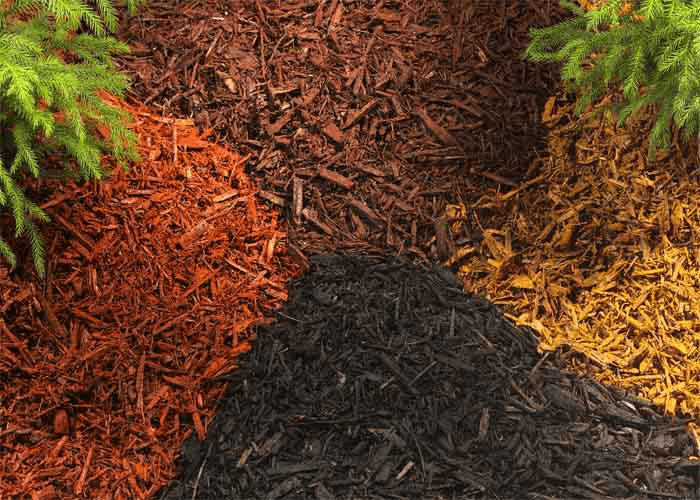Soil, as a crucial resource in the agricultural industry, is constantly exposed to natural and human-induced factors that can cause erosion. One effective solution to prevent soil erosion is the use of natural or synthetic mulch. Mulch refers to a soft, lightweight, and flexible covering for the soil, available in various types. Examples of natural mulches include straw, leaf mold, sawdust, plastic sheets, and more. This covering protects the soil and the roots of cultivated plants from natural and human factors such as rain, snow, frost, evaporation, etc. In addition to creating a healthy environment for the soil, mulch enhances crop yields. This article will discuss the applications of natural mulch and examine different types of mulch.
Types of Natural and Artificial Mulch
As we mentioned, mulches can be classified into natural and artificial types. The use of each of these mulches has its own advantages and disadvantages. In order to choose a suitable mulch for your agricultural land, you need to understand the applications of natural and artificial mulch as well as have information about their various types, which we will discuss in the following section.
Types of Natural Mulch
All natural mulches are derived from plant leaves or wood. These mulches significantly preserve soil health and provide essential minerals and organic resources for plants to grow better. Examples of natural mulches include sawdust obtained from carved wood, residues of plants such as weeds and other dried plants, fallen leaves, plant bark, branches, and straw. The primary application of natural mulch is to retain the resources the cultivated plants require.
Types of Synthetic Mulch
Synthetic mulches are produced industrially by humans and machines. Their durability surpasses that of natural mulches. These covers are made from cellophane, a plant-based plastic material. Examples of synthetic mulches include metallic foils, rubber crumbs, plastics, various papers, fiberglass, and fibers.
Applications of Natural Mulch in Agriculture
To achieve optimal performance and higher efficiency in dry and semi-dry regions of the country, modern irrigation methods are employed. These methods significantly increase water use efficiency in agriculture. Agricultural experts utilize advanced technologies to reduce water and soil resource consumption, one of which is the use of natural mulch.
Using different mulches in agriculture reduces soil moisture evaporation and maintains optimal growth conditions. Natural mulches suppress weed growth and, in some cases, eliminate them entirely. A key benefit of natural mulch is preserving soil drainage in the area. Mulches increase ambient moisture levels and prevent mineral transfer to the soil surface. Additionally, they simplify agricultural operations such as planting, maintenance, and harvesting.
When using this soil cover, the organic elements and materials within it gradually transfer to the soil, creating a richer environment for plant consumption. On the other hand, it helps maintain the stability of beneficial microorganisms in the soil. As mentioned in the introductory paragraph, it prevents soil erosion caused by rainfall and other natural factors. In many arid regions, cold winters await the plants; using mulch helps protect them from freezing, while aeration of the soil remains quite easy. you can also provide mulch film by clicking on this link.
Long-Term Applications of Natural Mulch
For long-term use of mulches, certain considerations should be taken into account. First, choose the right time to apply mulch to the soil. For winter soil protection, mulch should be applied in late autumn. To prevent sun damage during summer, it’s best to apply mulch in mid-spring. For gardens, mulches should be placed away from the base of trees or shrubs to allow them to firm up.
Whether using natural or synthetic mulch, ensure even coverage with consistent thickness; otherwise, weeds may grow in thinner areas.
The Importance of Natural Mulch in Modern Agriculture
Over time, all industries, including agriculture, have seen significant growth and progress. The agricultural sector continues to strive for improvement and efficiency, one of which has been the use of natural mulch. With its various types suited to the needs of farmers, natural mulch enhances soil quality and strength, leading to higher-quality crop production.
In this article, we provided some insights about the use of natural mulch and its various types. If you intend to purchase different types of natural and artificial mulch, you can use the gained knowledge to more easily acquire your natural mulch from reputable stores. However, if you are looking to buy plastic mulch, you can obtain it from Keyhan Plastic.

